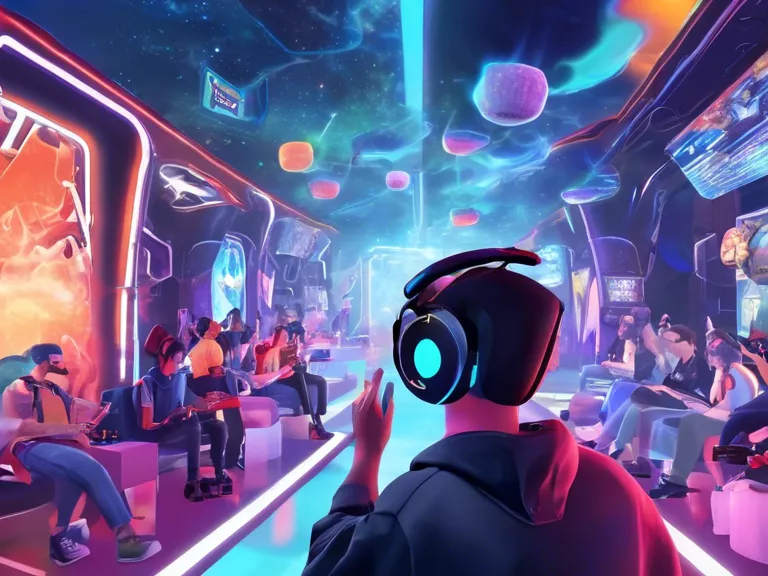
Artificial intelligence (AI) is revolutionizing the gaming industry by enabling the creation of dynamic, player-driven storylines. Gone are the days of linear narratives with predetermined outcomes; AI is now allowing game developers to generate personalized experiences for each player based on their actions and decisions within the game.
One of the key ways in which AI is being used to create dynamic storylines is through the implementation of branching narratives. In a branching narrative, the story can take different paths depending on the choices made by the player. AI algorithms analyze the player's decisions and adjust the storyline accordingly, creating a unique experience for each individual player.
Another way in which AI is enhancing player-driven storylines is through the use of procedural generation. Procedural generation involves using algorithms to generate content on the fly, such as levels, characters, and dialogue, based on the player's interactions. This allows for endless possibilities and surprises, keeping players engaged and immersed in the game world.
AI-powered NPCs (non-player characters) are also playing a significant role in creating dynamic storylines. These NPCs are programmed with advanced AI algorithms that enable them to react and adapt to the player's actions in real-time. This means that NPCs can have their own goals, motivations, and personalities, leading to more realistic and immersive interactions with the player.
Overall, the role of AI in generating dynamic, player-driven storylines is transforming the gaming landscape. Players are no longer passive participants in a predetermined narrative; instead, they are active agents shaping the story based on their choices and actions. This level of personalization and interactivity is taking gaming to new heights and providing players with unique and unforgettable experiences.



